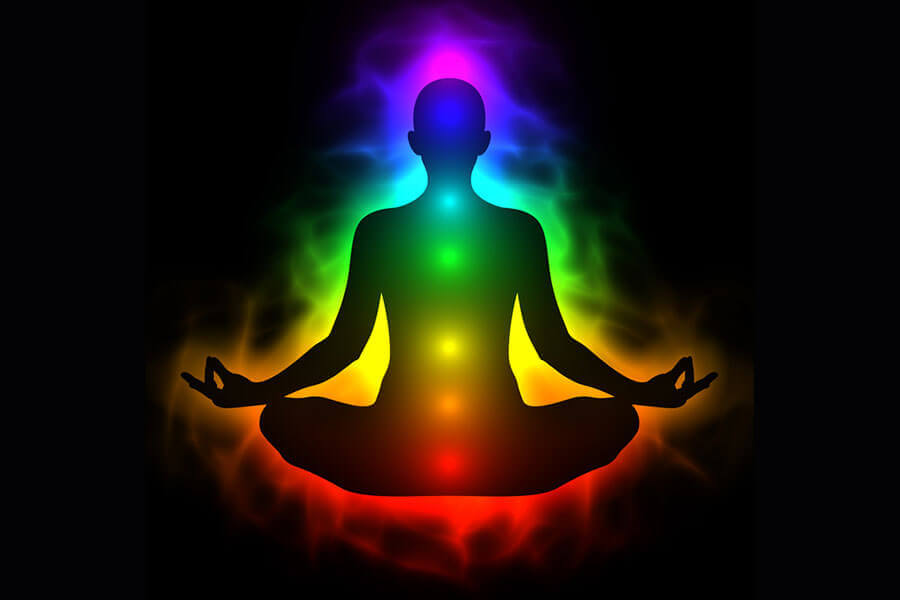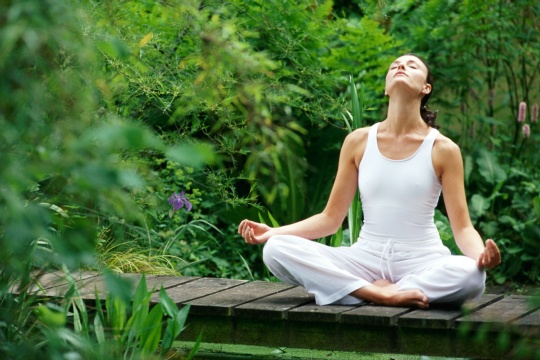Meditation is the conscious effort to focus one’s attention on a specific object, idea, sound, or situation, in order to train attention and consciousness, and attain a mentally calm and mentally stable emotional state. The word comes from the Greek work “medikos” which means “to meditate.” While the exact techniques and benefits associated with each meditative style are different, they all share a similar objective: to allow you to become more aware of yourself and your surroundings.
Many people meditate for a variety of reasons, ranging from the simple to the more complex. A common type of meditation involves controlled breathing exercises, which are used to relax both the body and the mind. Another popular form of meditation is called transcendental meditation, which is often practiced in conjunction with traditional yoga meditation. Transcendental meditation takes its cue from several Eastern religions – especially Zen and Hinduism, though it has also been described as a spiritual path that entails learning to transcend the ego, or individual perception of self, and experience a unified consciousness with all others. Most people who meditate to attain this state to call their method of meditation transcendental because it helps them to realize that all reality is One, a concept that contradicts individualistic and egocentric thinking.
Some people meditate for the purpose of gaining control over their emotional state, which they believe is caused by the actions of another person or spirit. This belief is partly based on the Buddhist teachings that it is impossible to see things from another person’s perspective, which means that the thoughts of another are not seen through the eyes of the individual. This allows the meditator to detach himself from his emotions and physical responses, which he believes are causing his suffering. Many people take part in meditation for the purpose of overcoming negative emotions such as anger and jealousy by concentrating their attention on something external to themselves, such as a waterfall, a bird, a flower, a fire, ocean waves, white noise, a sunny day, etc. By doing so, the meditator can then turn his attention inward, which he believes will allow him to deal with those emotions more easily.
Another type of meditation is mindfulness meditation. As the name suggests, it requires the focus of the individual on an object or idea, while at the same time observing the way that he breathes, speaks, behaves, feels, thinks or behaves in response to the object. It was introduced by Thomas Merton, a British social philosopher and psychologist, whose methods were adopted by the American peace movement during the 1950s. While Merton believed that one way to achieve full awareness was to be awake and aware of your environment at all times, he believed that another way was to be present with the moment without becoming involved in thought. Mindfulness meditation requires that you observe non-attached, unattached thoughts, which Merton believed is more challenging than the attachment to thought that most forms of meditation require.
Another way to achieve this state of mindfulness is to meditate on breathing, which has been proven to help reduce stress. Breathing is a good exercise for both the mind and body, as it allows us to control our emotions and breathe properly. You can start meditating on breathing by taking short deep breaths throughout the day – hold your breath for about five seconds before letting it go, repeat two or three times, then release slowly. You can also get comfortable with this method by using visualization techniques – think about your inhalation and exhale, imagine a brown mountain candle rising up in the distance, visualize the fragrance of flowers in your home, or any other thought that makes you feel relaxed.
So there you have it – three easy ways to meditate on self-awareness, breath awareness and mindfulness meditation. All of these methods are easy to learn and to incorporate into your daily life, increasing your ability to reduce stress and enjoy the health benefits of meditation. And with meditation, you never know – you might find yourself living the life you’ve always wanted to live. Meditation is an exercise that can change your life, for the better.






